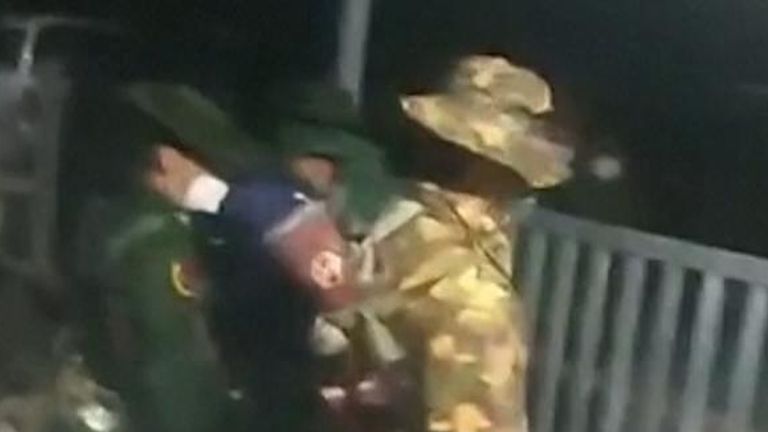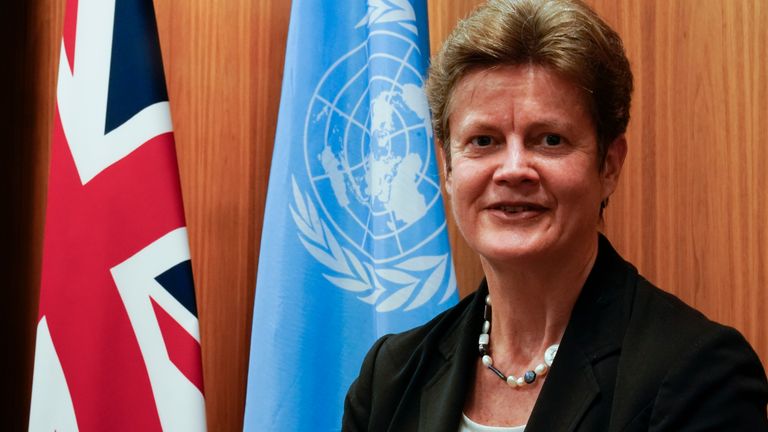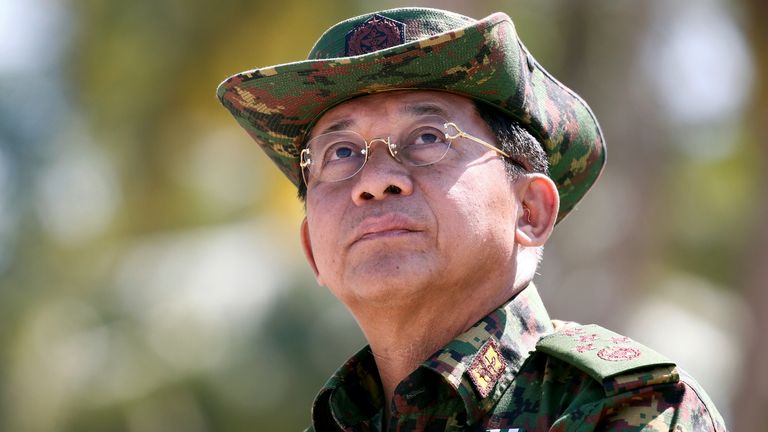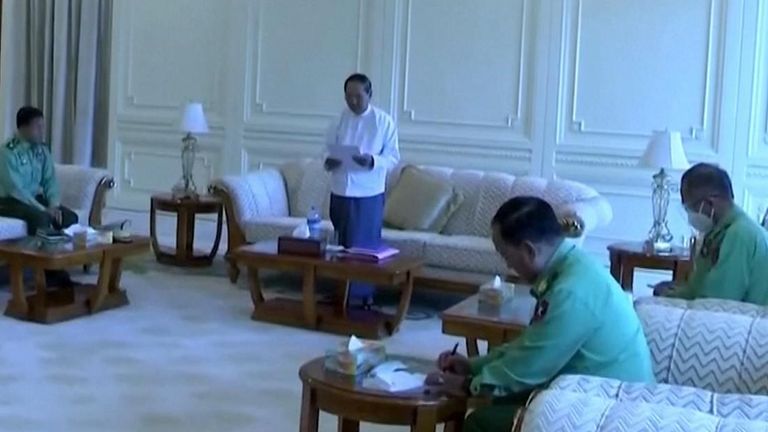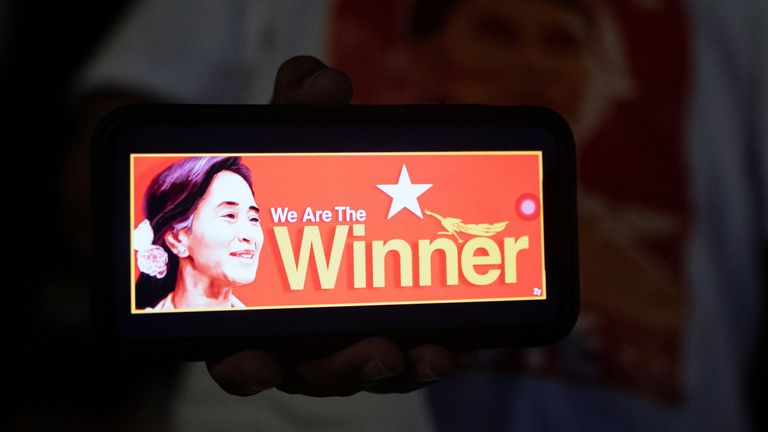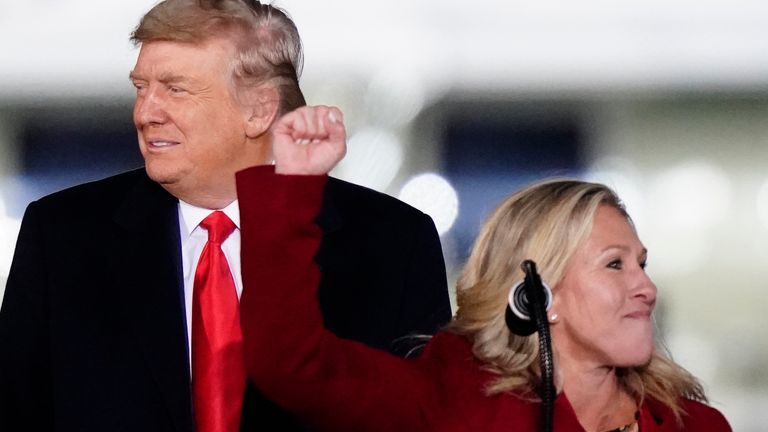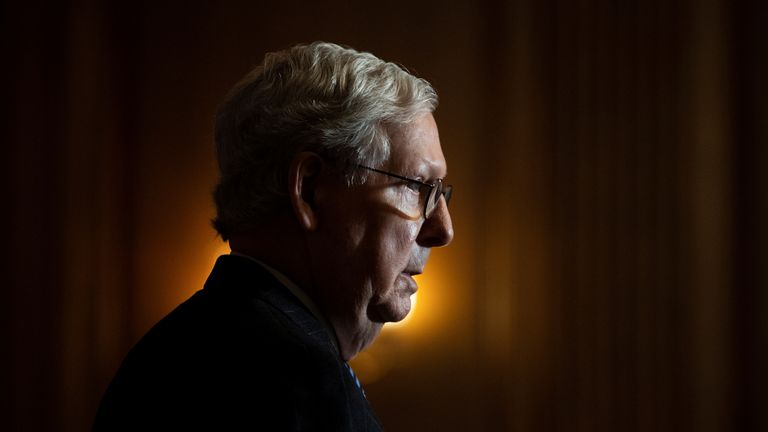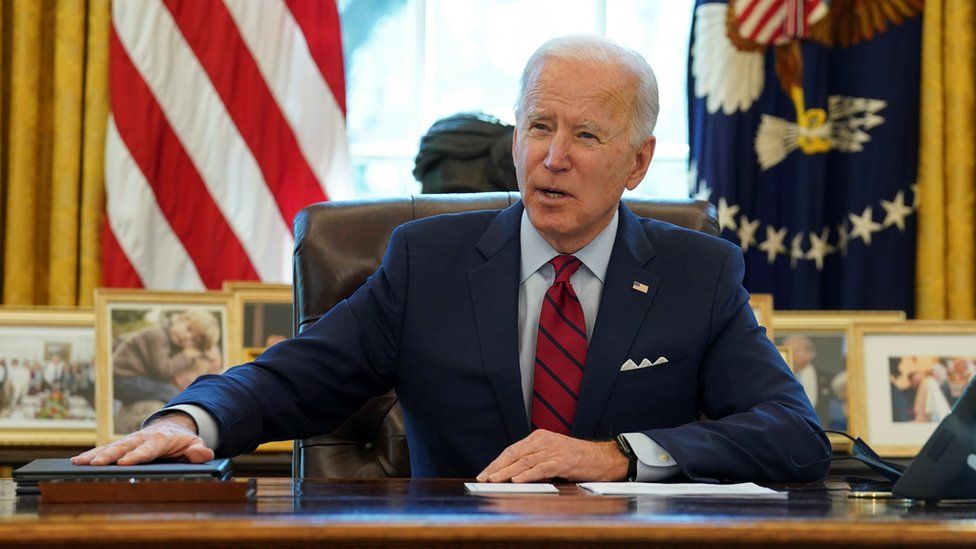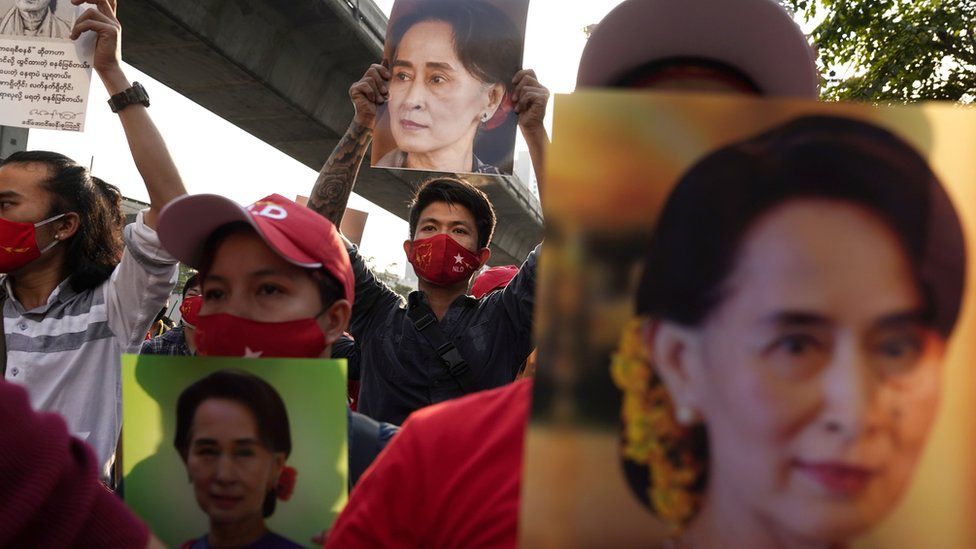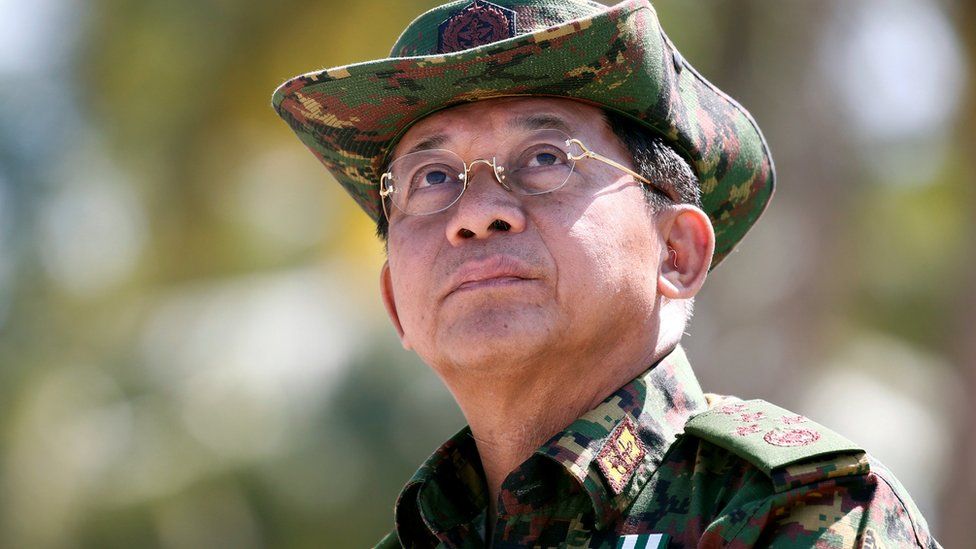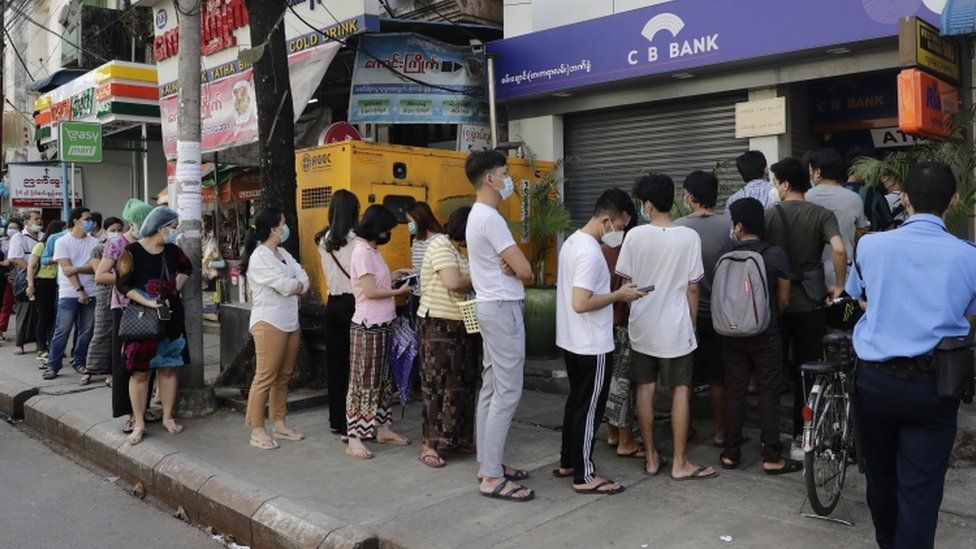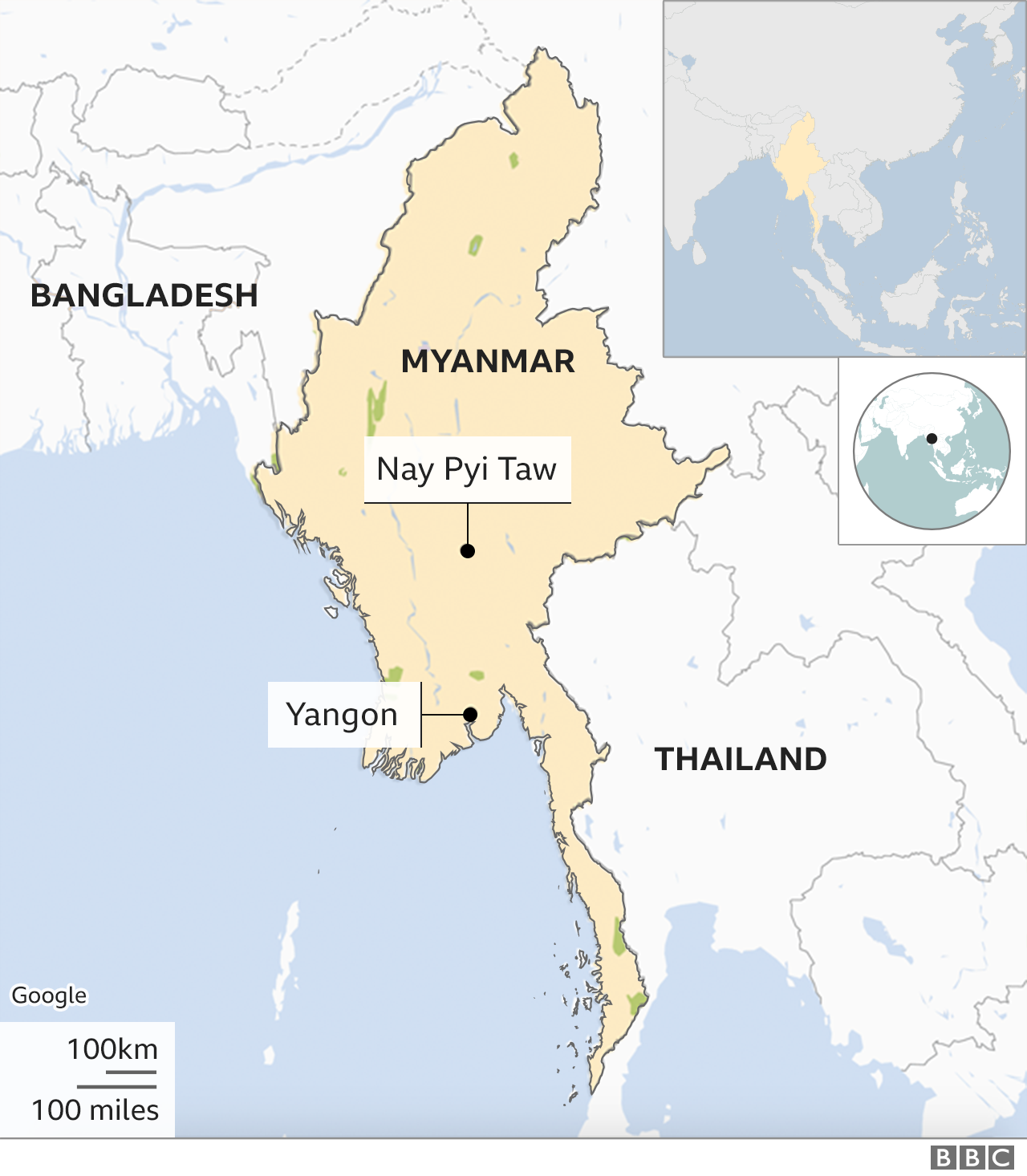A Russian court convened on Tuesday to consider jailing Kremlin critic Alexei Navalny for up to three and a half years in a case that has sparked nationwide protests and talk of new Western sanctions.
The Moscow court hearing came after tens of thousands filled the streets across the country on Sunday, chanting slogans against President Vladimir Putin and demanding freedom for Navalny, who was detained last month on his return from Germany, where he was treated for an alleged nerve agent attack.
Navalny watched Tuesday’s hearing from inside a glass cage in the courtroom. Before proceedings began, he praised Yulia, his wife, who was present after being fined the previous day for taking part in a protest to demand his release.
“They said that you had seriously violated public order and were a bad girl. I’m proud of you,” Navalny said.
Russian police detained 112 people as they gathered near the court, the OVD-Info protest monitoring group said.
During Sunday’s protests, more than 5,400 protesters were detained by authorities during Sunday’s demonstrations, according to OVD-Info.
While state-run media dismissed the second weekend of mass protests as small and claimed that they showed the failure of the opposition, Navalny’s team said the turnout demonstrated “overwhelming nationwide support” for the Kremlin’s fiercest critic.
Navalny was arrested on January 17 on returning from Berlin, where he spent five months recovering from an alleged nerve-agent poisoning that he blames on the Kremlin. Russian authorities reject the accusation. He now faces a prison term for alleged probation violations from a 2014 money-laundering conviction that is widely seen as politically motivated.
Last month, Russia’s prison service filed a motion to replace his three-and-a-half-year suspended sentence from the conviction with one he must serve. The Prosecutor General’s office backed the motion on Monday, alleging Navalny engaged in “unlawful conduct” during the probation period.
In recent years, Navalny has served a number of brief jail stints but never a long prison term.
‘Path towards great trouble’
Kremlin critics say a concerted effort is under way to silence Navalny’s team, dismantle his Anti-Corruption Foundation and pressure his family.
On Monday, a court fined Navalny’s wife Yulia 20,000 rubles ($265) for participating in an “unauthorised” rally in her husband’s support. His spokeswoman, Kira Yarmysh, was also placed under house arrest until March on suspicion of breaching COVID-19 regulations at unsanctioned rallies on January 23.
 Yulia Navalnaya, wife of Alexey Navalny, leaves after a court hearing in Moscow, Russia February 1, 2021 [Evgenia Novozhenina/ Reuters]
Yulia Navalnaya, wife of Alexey Navalny, leaves after a court hearing in Moscow, Russia February 1, 2021 [Evgenia Novozhenina/ Reuters]OVD Info said the wave of arrests on Sunday included 82 journalists and was the highest number in the nine years it has been keeping records during the Putin era. At least 51 protesters were beaten by police officers while being detained, it said.
Meanwhile, Pavel Chikov, a lawyer and rights advocate, said police have opened 40 criminal cases in 18 different regions related to the two weekends of protests.
In Saint Petersburg, the ombudsman said authorities unleashed “essentially a military operation” against protesters and paralysed the city.
“Batons and tasers will not solve existing problems. Violence only breeds intransigence and engenders bitterness,” ombudsman Alexander Shishlov said in a statement.
“This is a path towards great trouble. It’s time to stop.”
 Law enforcement officers detain a protester during a rally in support of Navalny in Moscow, Russia January 31, 2021 [Maxim Shemetov/ Reuters]
Law enforcement officers detain a protester during a rally in support of Navalny in Moscow, Russia January 31, 2021 [Maxim Shemetov/ Reuters]US Secretary of State Antony Blinken tweeted that Washington “condemns the persistent use of harsh tactics against peaceful protesters and journalists by Russian authorities for a second week straight”. He also urged the release of Navalny and those detained “for exercising their human rights.”
Moscow rejected Blinken’s call as “crude interference in Russia’s internal affairs” and accused Washington of trying to destabilise the situation by backing what it called illegal protests.
“We are talking about unlawful rallies,” Kremlin spokesman Dmitry Peskov told reporters on Monday. “Naturally, police take measures against participants of these unlawful rallies – hence the number of detained.”
The German government has also called for the immediate release of the arrested protesters, as well as Navalny. It “condemns the use of force by Russian security forces and the once again disproportionate action against peacefully demonstrating citizens,” government spokeswoman Martina Fietz said.
France meanwhile has urged Germany to scrap the Nordstream II gas pipeline project with Russia in protest against Navalny’s detention.
https://news.google.com/__i/rss/rd/articles/CBMiZWh0dHBzOi8vd3d3LmFsamF6ZWVyYS5jb20vbmV3cy8yMDIxLzIvMi9ydXNzaWEtcHJvc2VjdXRvcnMtc2Vlay10by1qYWlsLW5hdmFsbnktZm9yLXVwLXRvLXRocmVlLXllYXJz0gFpaHR0cHM6Ly93d3cuYWxqYXplZXJhLmNvbS9hbXAvbmV3cy8yMDIxLzIvMi9ydXNzaWEtcHJvc2VjdXRvcnMtc2Vlay10by1qYWlsLW5hdmFsbnktZm9yLXVwLXRvLXRocmVlLXllYXJz?oc=5
2021-02-02 11:21:36Z
52781345137866
